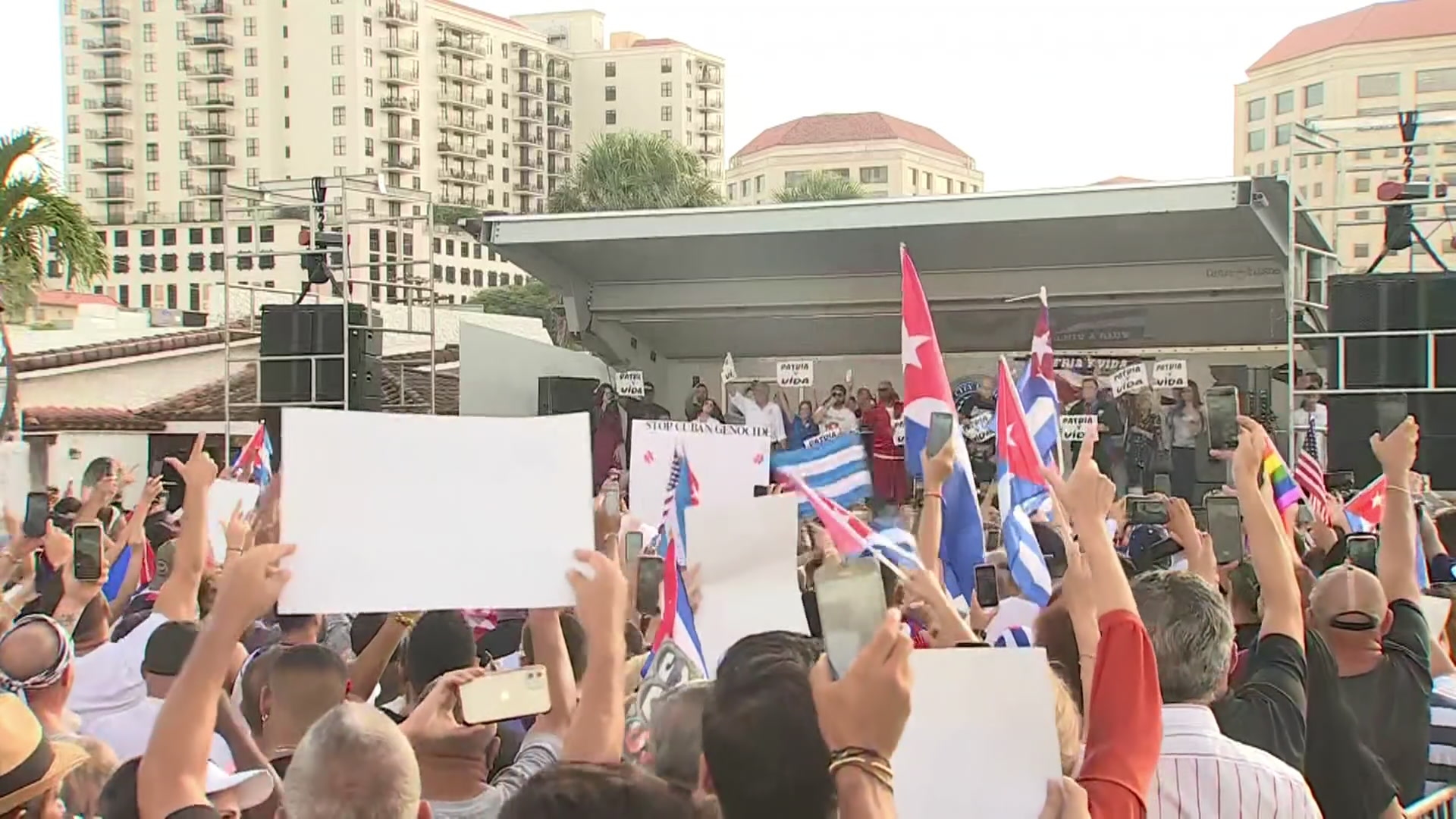

"That is impactful to me because I didn't live that (here in the U.S.)," says Blanco. The names of well-known figures in Cuban history like Che Guevara and Jose Martí have been used to distract from, instead of alleve, their generation's pain. These musicians grew up watching the government invest more in ceremonies than citizens. The widely known historical and cultural references in the bolded lines above demonstrate a new perspective, distinct from their parents' experiences.

(It's over) Sixty years of stalemate domino (It's over) Sixty years of stalemate domino, look (It's over) you five nine, me, double twos While mothers cry for their children who've gone Trading Che Guevara and Martí for currencyĮverything has changed, nothing is the same What do we celebrate if folks are scrambling While at home in the pots they no longer have food Pomp and circumstance for the five hundred (years) of Havana Let's not treat or hurt each other like animals We are human although we do not think alike Today I invite you to walk through my tenements

You hurt me so much even though you are far away 'cause with your voice my sorrows go away In a country with restricted access to the outside world and, at times, each other, the artists imbue style, form, and lyrics with messages crucial to the movement – some for the world and others just for their gente. The savvy use of popular song is fundamental to the voice of "the Cubans of now," as Blanco describes them, the community of artists who have rallied together in opposition to the government. They deviate from verse-chorus-verse form, opting instead for a steady build in tension until the very end, when a sing-along refrain finally arrives. When it comes to the lyrics, Blanco explains, the structure is atypical of traditional Cuban songs. The musicians are defiantly reclaiming a slogan made popular at the birth of the Cuban revolution, "Patria o Muerte" (Homeland or Death), 62 years ago. The most important reference is in the title itself. The lyrics pack in plenty of historical and current references, so we turned to Miami-based Cuban-American musician Lilly Blanco to translate the lyrics and annotate the references. Contributors Maykel Osboro (Castillo) and Eliécer "el Funky" Márquez are both still on the island. The phrase comes from a hip-hop song of the same name, "Patria y Vida," released in February as a collaboration between Cuban musicians in exile: Alexander Delgado and Randy Malcom of the duo Gente De Zona Yotuel Romero, founding member of the pioneering cuban hip-hop band Orishas and singer-songwriter Descemer Bueno. On both sides of the Florida Strait, one phrase rose above the noise again and again, coming to stand as a unifying cry for the largest uprising in recent Cuban history: "patria y vida," or homeland and life. AFP via Getty ImagesĬries for Cuban liberation reverberated throughout the world this past week as protests took over Miami and the Caribbean nation. Gente de Zona's "Patria y Vida" (pictured, right: Randy Malcom in Miami) reclaims a slogan made popular at the birth of the Cuban revolution, "Patria o Muerte" (Homeland or Death), 62 years ago.


 0 kommentar(er)
0 kommentar(er)
